|
Think, Feel, Act. Children are much more resilient, have higher self-esteem, better "behaviour" and stronger brain development when child care providers start with building a relationship vs being the Authoritarian. Watch the video below, part of Ontario's "Think, Feel, Act" Series for better understanding.
0 Comments
Bronfenbrenner was the founding father of the Ecological Theory for Child Development. He viewed children's behaviour as the sum of all relationships/interactions and unseen circumstances of the child's environment (ecology) .
What is Ecological Theory? "The immediate environments of family, school, peers, and neighborhood as a child’s microsystem. The interconnection of these environments is the mesosystem. Surrounding these spheres were increasingly broader circles of community influence called the exosytem, and, finally the cultural and societal forces of the macrosystem. In designing restorative interventions for individual children, the focus is usually on relationships in the microsytem and mesosystem. Research suggests that the more immediate the system, the greater its impact on development. Thus, while poverty can be a negative force in development, the immediate forces in a particular child’s family school, peer group, and neighborhood exert greatest influence." Brendtro, L.K. (2006). The vision of Urie Bronfenbrenner: Adults who are crazy about kids. Reclaiming Children and Youth, 15, 3. pp. 162-166. Snack and meal times should be a time for positive interactions, language development, healthy nutrition and full little tummies. Infants, toddlers and preschoolers can sometimes be picky little eaters. However if provided with healthy options instead of quick processed foods or "go to favs" children will learn to eat and enjoy all sorts of foods. I am not going to go to great lengths in this post to describe the dietary requirements of each child and how to ensure you have meals that are balanced to promote the best absorption of nutrients/vitamins. I am not a dietician and will not pretend to be one. Google has an endless array of websites to search and learn from. I am going to share some basics and a few resources to validated information. Basic #1: snacks should include at least 2 food groups, Lunch should include at least 3 food groups however 4 is optimal. Basic #2: children do not need juice and if juice is served it should be from 100% real fruit juice and only 1/2cup per day. (Child Care providers should avoid juice like the plague...it disrupts nap times, is quickly converted into energy creating "hyper" children, sits in the mouth and can cause cavities etc) Basic #3: Water should be given whenever requested and in-between snacks/meals Basic #4: although children tend to like fruit more than vegetables, vegetables are an important part of the equation. Making veggie purees or grating vegetables into baked goods are great ways to sneak them in for super picky eaters. Websites for further informationhttp://www.hpepublichealth.ca/sites/default/files/NFS%2030.29%20Healthy%20Eating%20for%20Young%20Children.pdf http://www.hpepublichealth.ca/sites/default/files/NFS%2030.27%20Feeding%20Your%20Child.pdf http://www.hpepublichealth.ca/sites/default/files/NFS%2030.27%20Feeding%20Your%20Child.pdf http://www.eatrightontario.ca/en/Articles/Menu-Planning/Family-Friendly-One-Week-Sample-Menu-Plan.aspx “Experts recognize that play and academic work are not distinct categories for young children: creating, doing, and learning are inextricably linked. When children are engaged in purposeful play, they are discovering, creating, improvising, and expanding their learning. Viewing children as active participants in their own development and learning allows educators to move beyond preconceived expectations about what children should be learning, and focus on what they are learning” (CMEC, 2012). http://www.edu.gov.on.ca/childcare/Clinton.pdf This article explores how child development is shaped by the quality of relationships formed.
"In our hearts and minds we are likely to feel connected to those we spend our days with, but routinely, we may find ourselves spending more time on Correcting and Directing, leaving little time for Connecting. On a daily basis, what is your C:D:C Ratio? " I have provided an excerpt from this article (p. 3) which discusses the implications for caring for young children. I encourage child care providers and parent's alike to take a moment read and then reflect on this article. *How does this article relate to you and your parenting/educating role/style? *What can you do differently? *What are some things you're already excelling at? *How can you work to create effective relationships with the children in your life? |
Early Years at Home When we refer to home we refer to a feeling of welcome, family, comfort and belonging. Licensed home child care offers the feeling of "home" with the benefits of early years pedagogy. Categories
All
Archives
June 2023
©Little Lambs Home Daycare
©Kristina Schwartz |
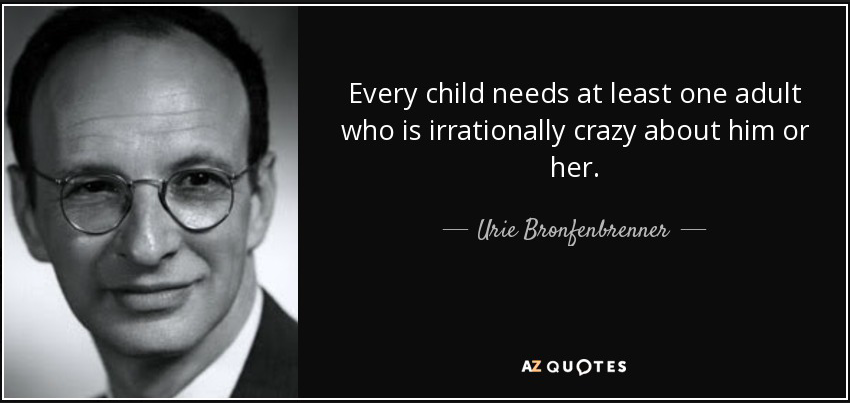
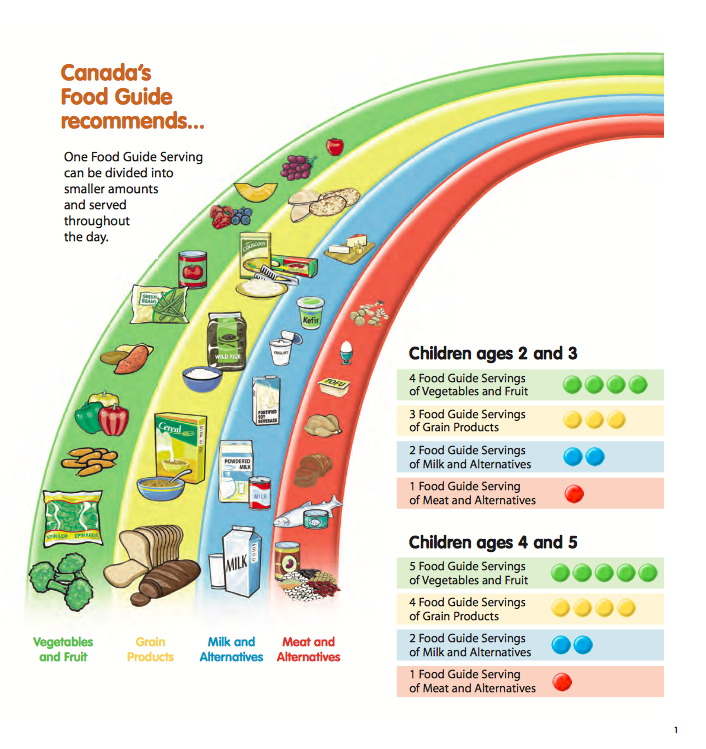

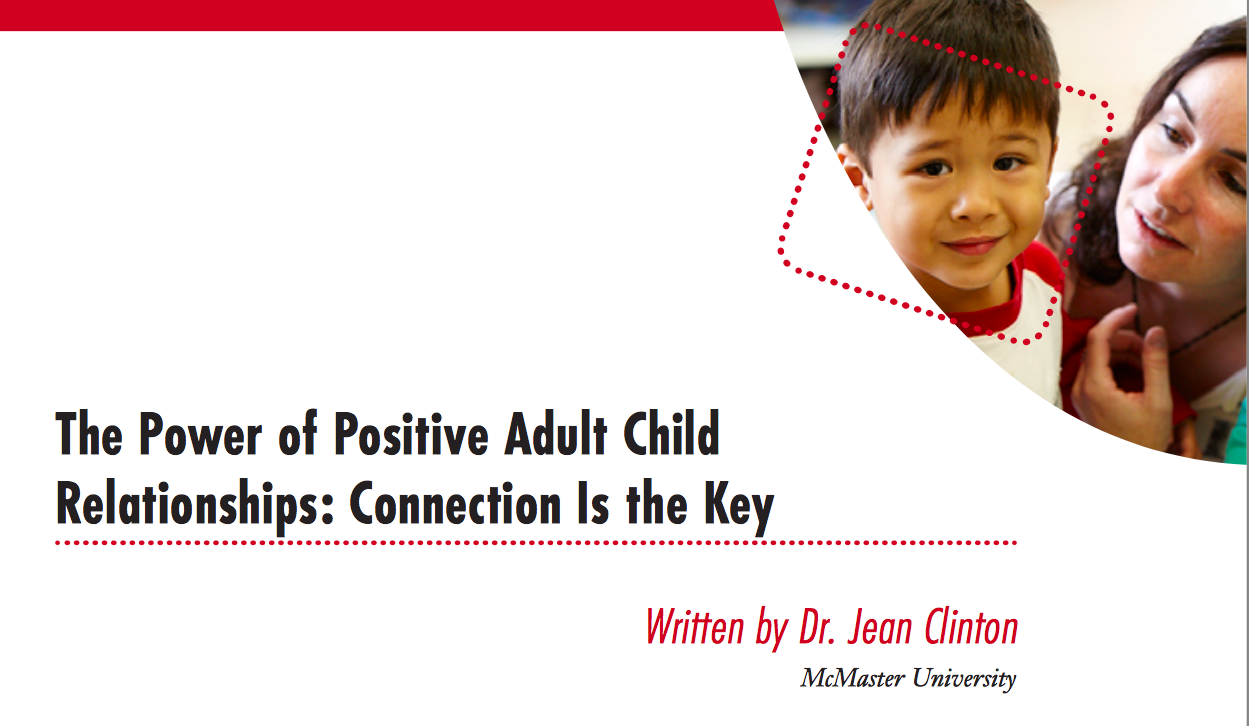
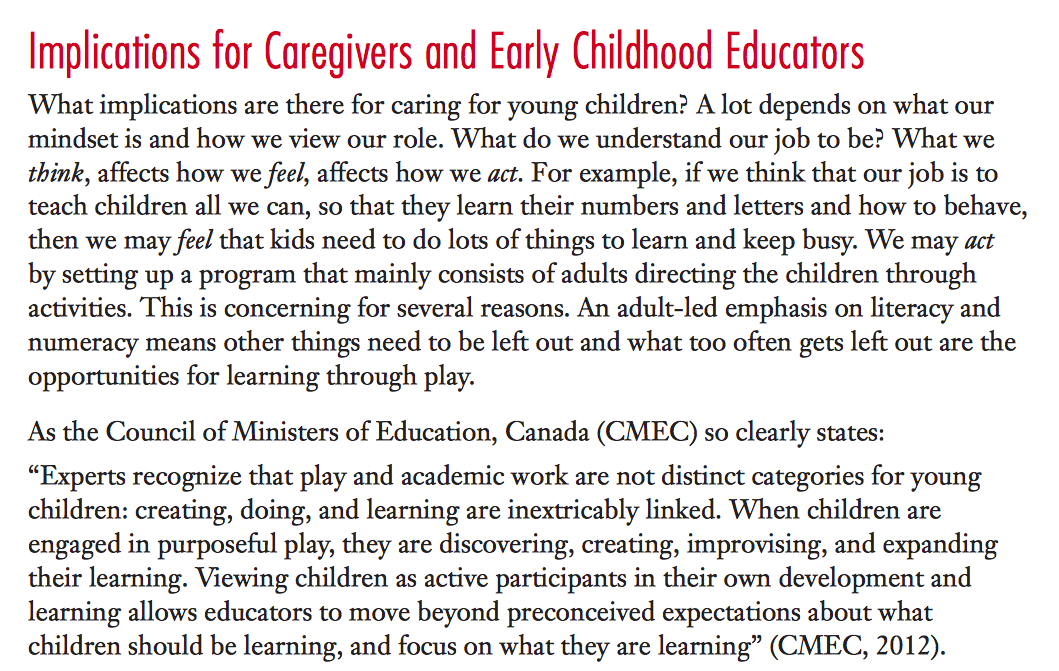
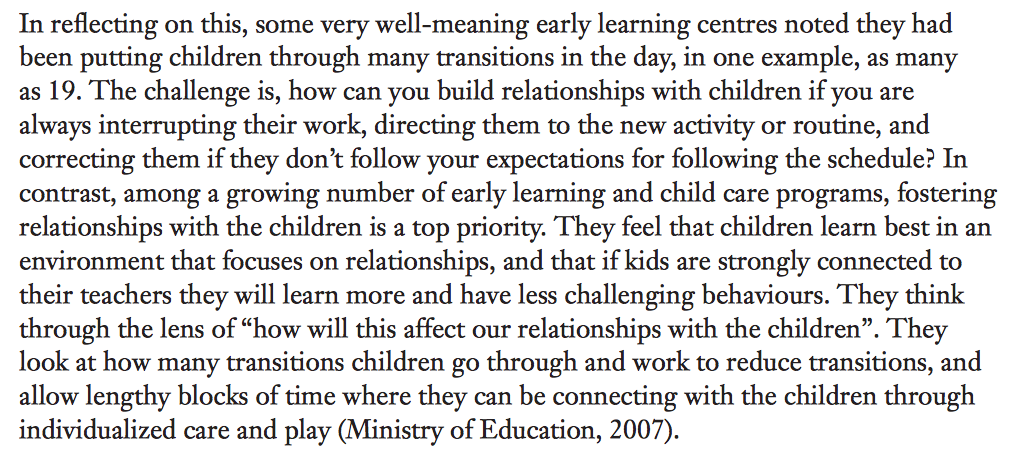
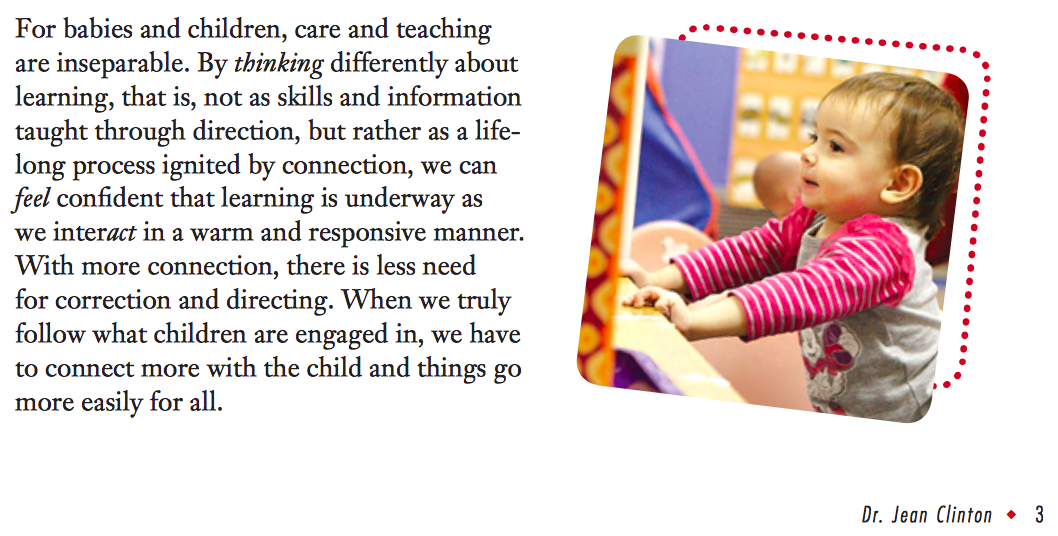
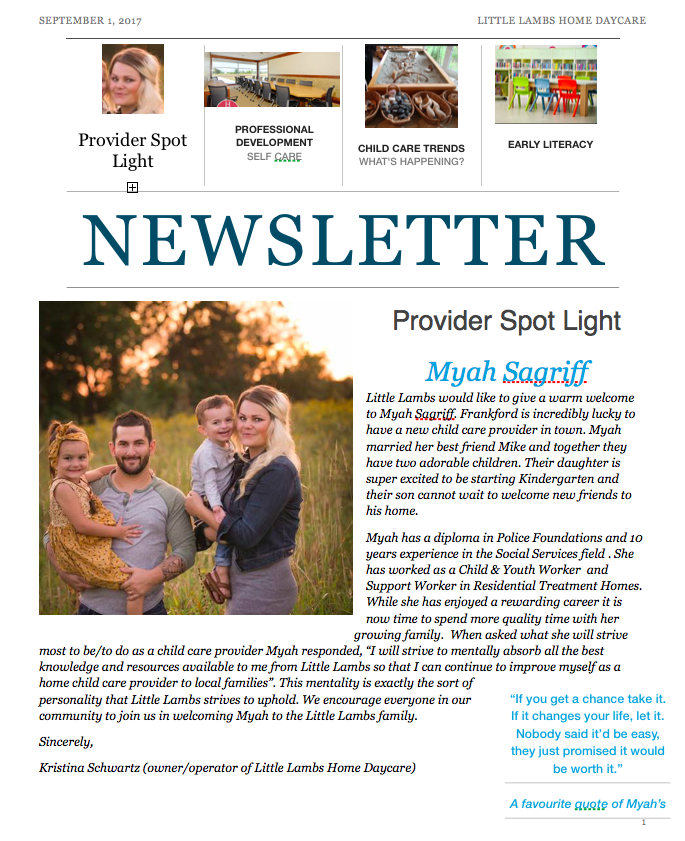
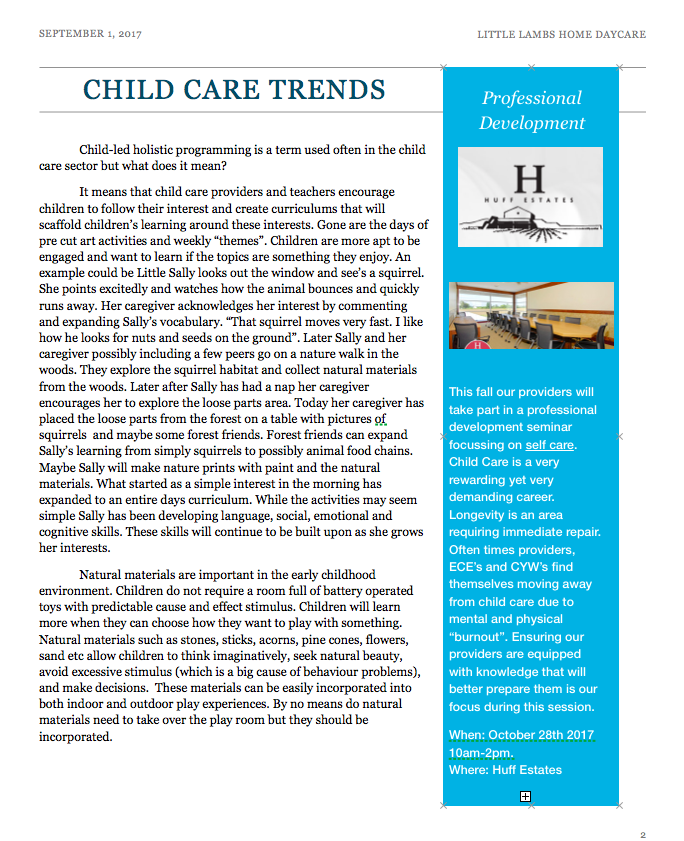
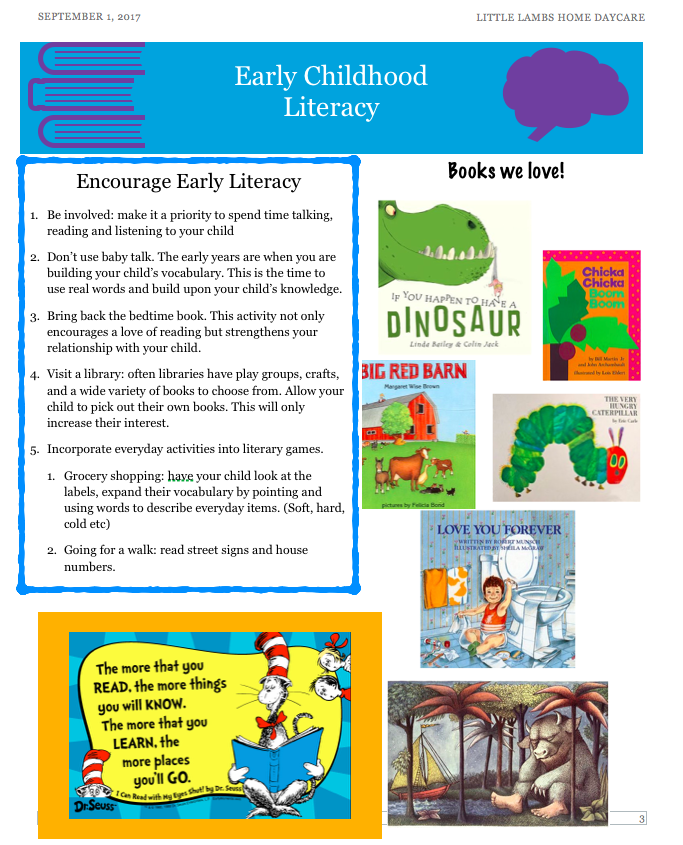
 RSS Feed
RSS Feed